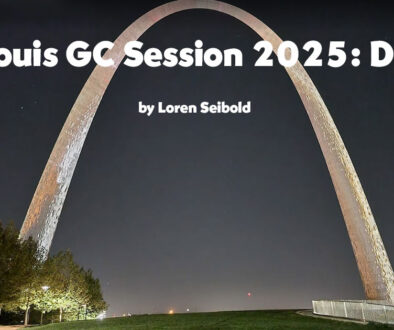The Fight Is On: Movie Depicts Attempt at Calendar Change in 1931
October 11, 2016: The battle to counter a change to the world calendar is the subject of a new film by LLT Productions. The company is owned by an Adventist family and its productions are usually on topics related to the Adventist faith.
“The Wandering Day” chronicles how the League of Nations, a precursor to the United Nations in the 1920s through the early 1940s, attempted to change the calendar to a 13-month year with 28 days in each month. The proposed calendar necessitated that an extra day be added to the last month of every year. The day would not be considered part of the weekly cycle, it would have no name; it would be “blank day.”
Jews and Seventh-day Adventists were among the first to spot the danger of a “blank day” as it disrupted the rhythm of the seven-day week. The calendar change faced strident opposition from several directions, including other religions whose faith practice would have been harmed by the move.
The film calls the controversy the “Religious Liberty Crisis of 1931,” characterizing it as an “epic fight for freedom; freedom of conscience for people of faith everywhere” in its film trailer.
LLT Productions is a Christian non-profit documentary film organization led by Pat Arrabito. The organization has produced other titles, including “The Seventh Day: Revelations from the Lost Pages of History,” which deals with the origins of Saturday as a day of worship; and “Hell and Mr. Fudge,” an award-winning dramatic feature film about a prominent evangelical preacher leading a movement away from traditional ideas about eternal hell.




